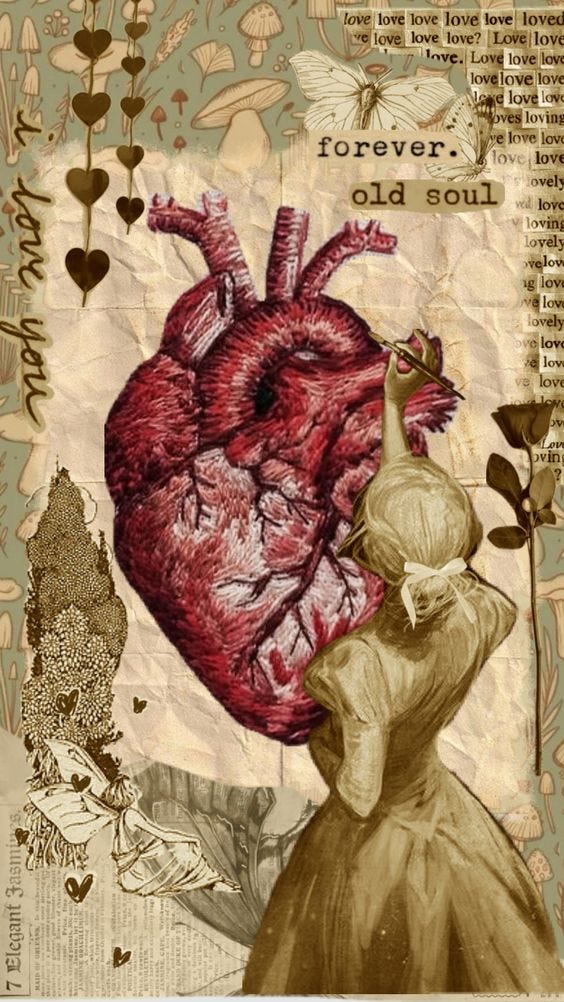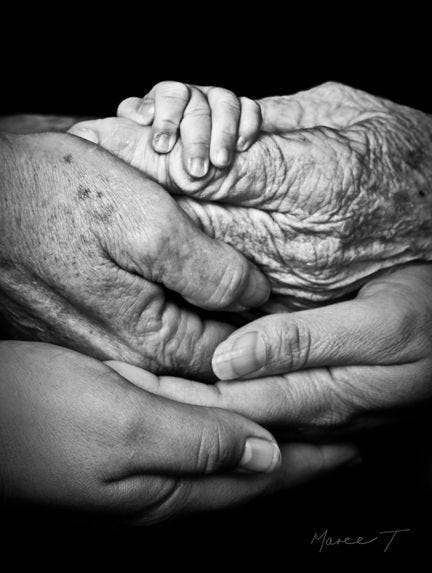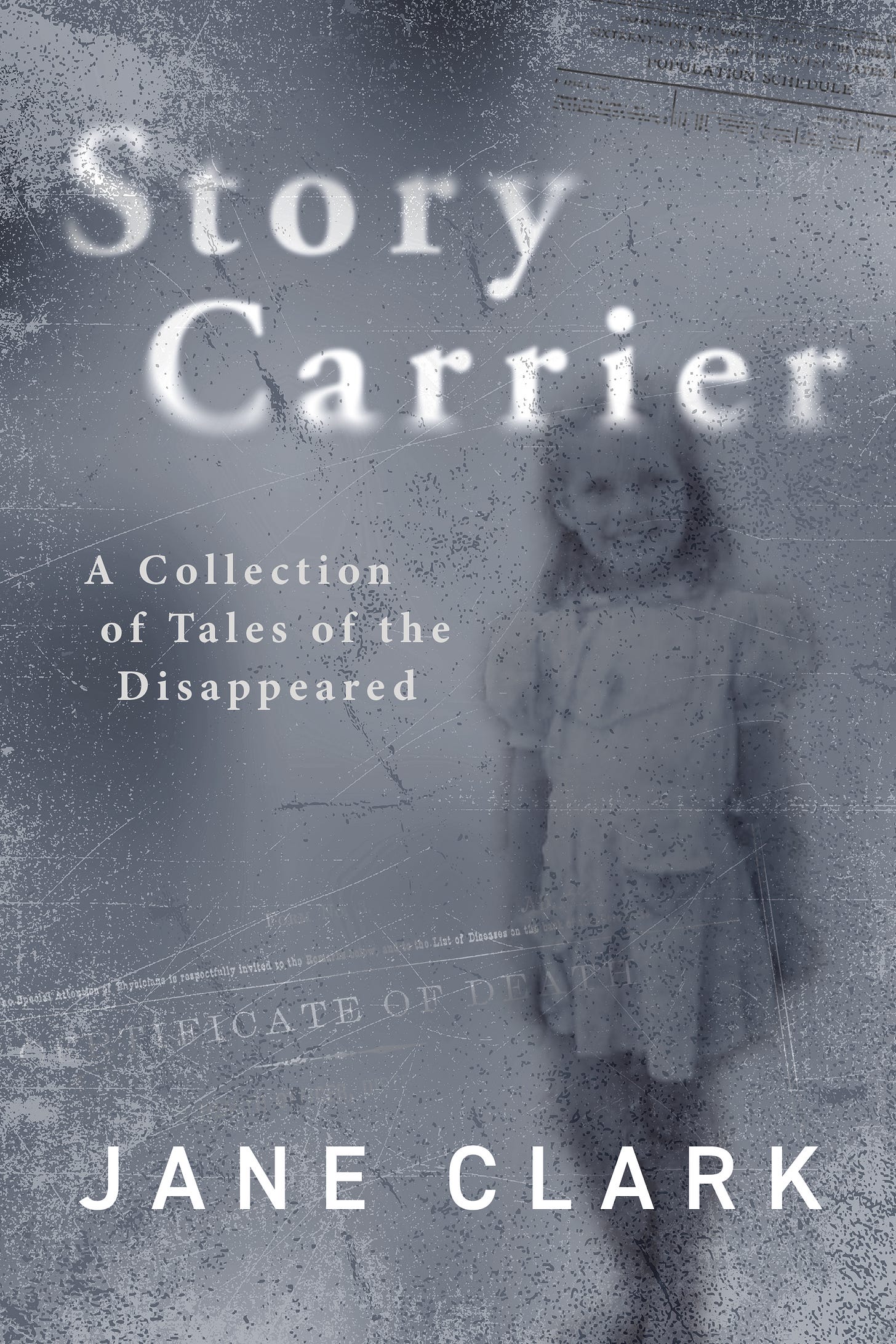Everyone has love on the mind these days, so I’d like to suggest this as an opportune time to let yourself fall in love with your life story If your life had some periods of pain and suffering, you may be wondering how it’s possible to love the story. Even if it was mostly a good life and you like your story, you might not be excited about the hard work required to compose a piece; the gathering up of details, dates, names, and events, and weaving them into an interesting story. After all, who loves the long hours, the isolation, the frustration of searching for the right words, or the paring down and the editing of your story in order to entice readers. While I admit this work is labor intensive, writing your life story is a loving gesture, a gift to yourself and to those who care about you. If you go into the writing process with a sense of wonder, in search of treasures, you might also discover some unexpected rewards that come from hours of soul searching, revision, and sleepless nights. Unexpected things that may not be obvious to you as you work.
Recently I wrote a column about the affair that blossomed when I composed my book, titled, “The Memoir That Loved Me.” You can read it here. It’s a tome to the deep connection that grew out of the process of creating, one that re-affirmed my belief that writing one’s life story is a healing, beautiful thing to do for the self.
Here are some of the lessons I took away from the experience:
Writing is a Form of Self-Discovery
I never knew exactly what I was going to write when I sat down at the computer, so I allowed myself to explore events by searching for a thread or piece of story that emerged. Then, I gave myself permission to follow it, to see where it took me. As you write about your life, you’ll run across bits and pieces of memories that feel disconnected, and it’s important to give yourself the freedom to pick up each one and carry it gently as you walk through the pages of your story. As you do, try to notice how one strand is drawn to another, how one may explain another, or cause you to question some things you’ve always believed to be true. Let the story unroll like a ball of yarn you’ve dropped and watch it spill across the floor of your mind. Not unlike others, you may feel some parts of your life have passed so quickly that you aren’t able to recall everything. This is very common. Life hits with one thing after another, demanding that we put our energy into navigating and surviving the experiences. Writing will give you the opportunity to review the loose ends and, eventually, you may see how they connect into a lovely tale. I like the way William Stafford illustrates this advice in his poem.
The Way It Is
There’s a thread you follow. It goes among
things that change. But it doesn’t change.
People wonder about what you are
pursuing.
You have to explain about the thread.
But it is hard for others to see.
While you hold it you can’t get lost.
Tragedies happen; people get hurt
or die; and you suffer and get old.
Nothing can stop time’s unfolding.
You don’t ever let go of the thread.
Writing Your Story is a Process of Becoming
You may be thinking you know yourself pretty well, but memoirist Sarah Beth Childers observes that writing your life story requires you to “puzzle out why a memory is important, and how…you feel about that memory.” The writing process opens a dialogue with the self, one that allows you to step back and gain a different perspective on a memory with “more complexity than you could see it at the time, and [gives you] the ability to put the memory in context of the world around you and other events in your life.” Admittedly, some memories are painful, and you may not be keen on re-visiting them, but they do not go away. Untold, these memories are often shoved into the darkest places of the soul or carried in the marrow of the bones. Bringing them into language helps you know yourself on a deeper level and may prevent you from living in response to unspoken feelings. You may even discover a thought you didn’t know you carried. Your story is a portal to the place where your soul lives. Cross the threshold and step into the mystery of unknowingness where you can reflect on the stories your soul has been carrying. In the words of poet David Whyte, the writing life is a journey that takes you to a “moving edge between what we know about ourselves and what we are about to become.” Writing is one way to push yourself closer to that edge of becoming.
Writing Your Story Allows the Opportunity to See Yourself as a Unique Being
You are not the person whose profile appears on your social media accounts, even though the demand to project a piece of your life within the confines of these platforms is so powerful that it’s tempting to try to squeeze significance out of a cleverly designed little square post or a meme. Most of us do not live the kind of lives projected by followers on Instagram. Giving yourself the time and space to explore your life free of the pressure to perform allows you to embrace the difficult or painful details, the ones that keep you up at night. This is what’s known as a sacred pause that challenges you to resist hasty reactions and give energy over to the search for deeper meaning. It’s a form of self-love.
Writing alone protects you from exposure to a public forum, freeing you from fear of judgement and, ideally, frees from you the need to compete with others. Author Stephen Batchelor observes that time alone “can help you understand better what kind of person you are and what your life is for. In this way you become independent of others. You find your own path, your own voice.”
As Henry Wadsworth Longfellow wrote, “Silence and solitude, the soul’s best friend.”
Spending time alone with your story allows you to see what it is that makes you distinct and different. Once you discover your uniqueness, you just may realize you do not need to be “liked” by friends to validate your existence. And you may begin to fall in love with your story.
The Practice of Writing Allows You to Create an Intimate Space for Yourself
Sometimes life experiences are so overwhelming that a casual conversation—even with a best friend—-does not provide the opportunity to fully explore and express feelings. Like many others, you may be carrying stories that are too private to share with another person, let alone in a group. Or you may still be hurting so deeply that sharing your story can leave you feeling more vulnerable. Give yourself the privacy afforded by writing, to work through difficult events. To make some sense out of them. Human beings are complicated souls, and we all suffer in ways that are difficult to capture in words. We need to privacy to experiment with our thoughts and emotions without exposing ourselves to judgment. Become your own audience by developing the capacity to witness your story before deciding how much to share with others.
This will help you to create a sphere of safety in which you allow yourself to express anything you are feeling. Then, when you have gained some perspective, some clarity, you may feel better about sharing with another person. Safety is an essential element in an intimate relationship and without it, love does not develop. Creating a practice where you set (and control) the boundaries, where you listen deeply to yourself and witness your life as it unfolds in a story is a powerful form of intimacy.
Finally, if a part of your life story tugs at your soul, it is calling you to bring it to life through language. The story does not care if you are unable to compose the full piece; it only wants to be given a voice. Your story wants to be told and it will beckon to you over and over again, until you are able to give it the attention it deserves. Allow yourself to make friends, to fall in love with your story.
My book, Story Carrier: A Collection of Tales of the Disappeared, is coming out this month. You can pre-order it now at amazon.com/author/janeclark









An excellent article and a wonderful perspective. I've done some journaling and am a writer by nature with a number of fiction books published as well as writing here on substack and Medium as well. I believe loving your story is important for you to sort out your own story and at the same time it extends out into whatever else yu might write. Fiction? Love your story. Articles? Love your stories. It is the heart of the true writer and in the end it is the heart of anyone who puts pen to paper to tell their own story.
Thank you for all the food for thought. I am very new to writing and Substack also. I'd like to believe my life stories matter to someone besides me, but I think I just need to focus on what they mean to me first.